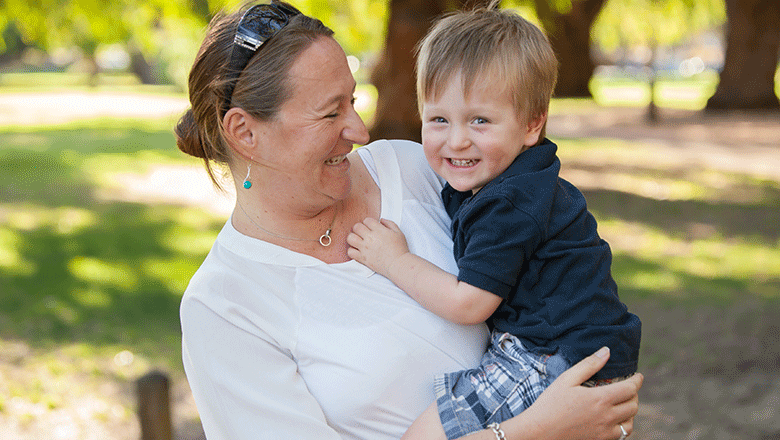Search

News & Events
Australian Early Development Census National ConferenceThe Australian Early Development Census National Conference 2015 will be held from 18-20 February 2015.
News & Events
Child and Family Centres providing important support for parentsTasmania's Child and Family Centres are having a positive impact on parent's use and experiences of services and supports for young children

News & Events
Key study unveils significant link between hospital admissions and kids with ADHDNew research from The Kids Research Institute Australia has revealed a significant link between kids with severe ADHD and higher rates of early childhood hospital admissions.
News & Events
$2 million boost to child development researchResearchers at Perth's The Kids for Child Health Research have been awarded a prestigious Australian Research Council linkage grant
News & Events
Parental fear leads to inactive 'cottonwool' kids: studyParental fear leads to inactive 'cottonwool' kids. Children's development and wellbeing are under threat because their parents are fearful of strangers
News & Events
Alarming increase in drug affected newbornsA new Australian study has found that the number of newborns suffering serious drug withdrawal symptoms is now more than 40 times higher than in 1980.
News & Events
Mixed results for late talking toddlersFindings from the world's largest study on language emergence have revealed that one in four late talking toddlers continue to have language problems at age 7
Research
An Overview of Early Childhood Health and Education Service Provision in AustraliaThe impact of children’s experiences through their first 2,000 days of life – from conception to the start of full-time schooling – are widely acknowledged.
Research
Review of trends in disabilities, mental health disorders and complex needs among children and adolescentsThe aim of the project was to provide the South Australian Department for Education with a synthesis of high-quality evidence on the population prevalence of various disabilities among school-aged children.
Research
Development of Resources for Schools – Responding to and Planning for Children with Complex and Challenging BehavioursYasmin Harman-Smith BA, BHlthSc(Hons), PhD Head, Early Years Systems Evidence; Head, Tenders Support Unit Yasmin.harman-smith@thekids.org.au Head,
